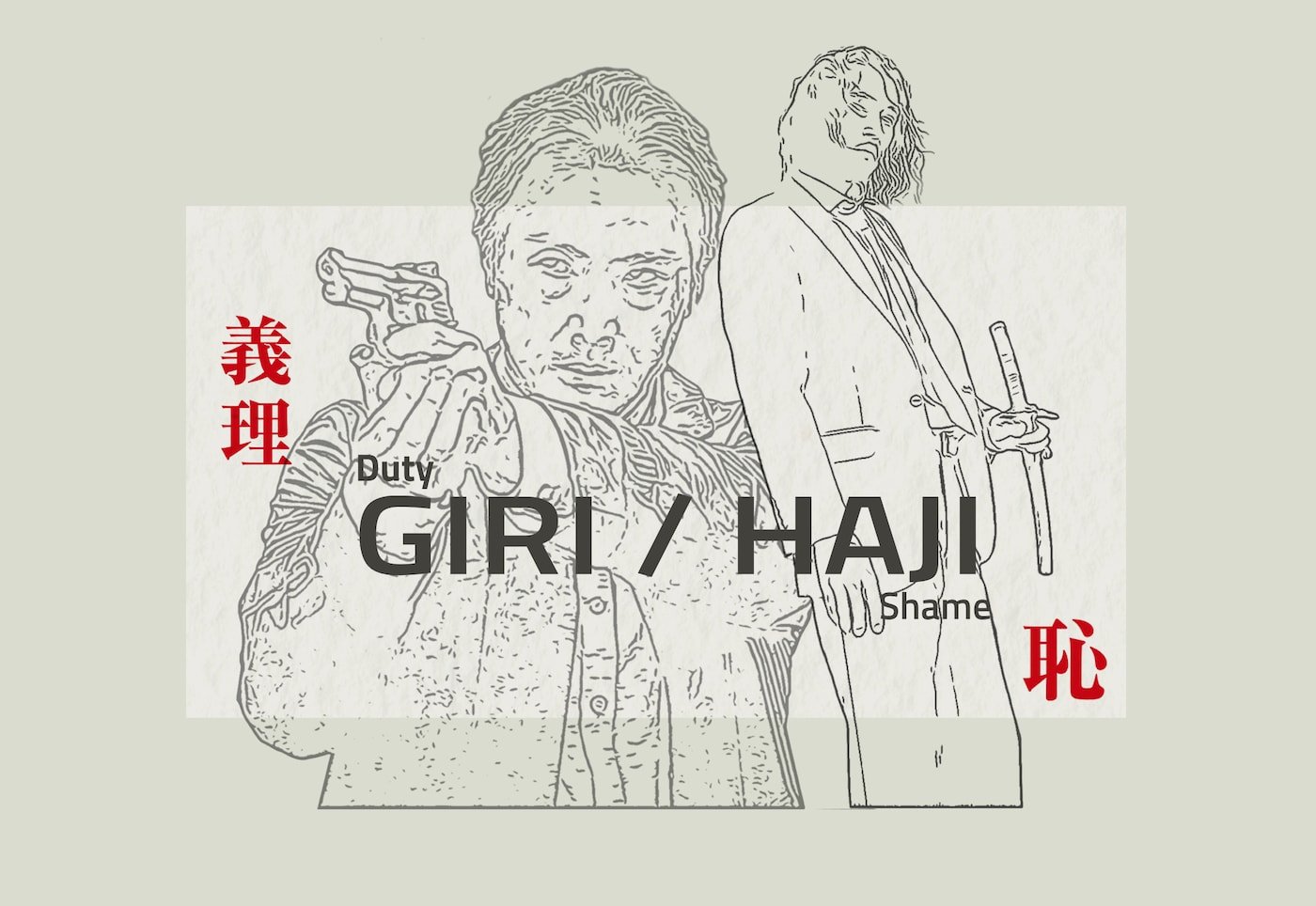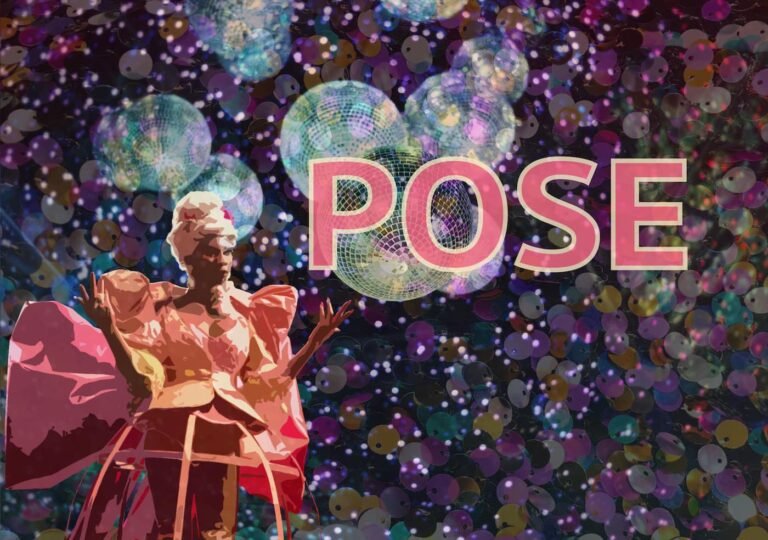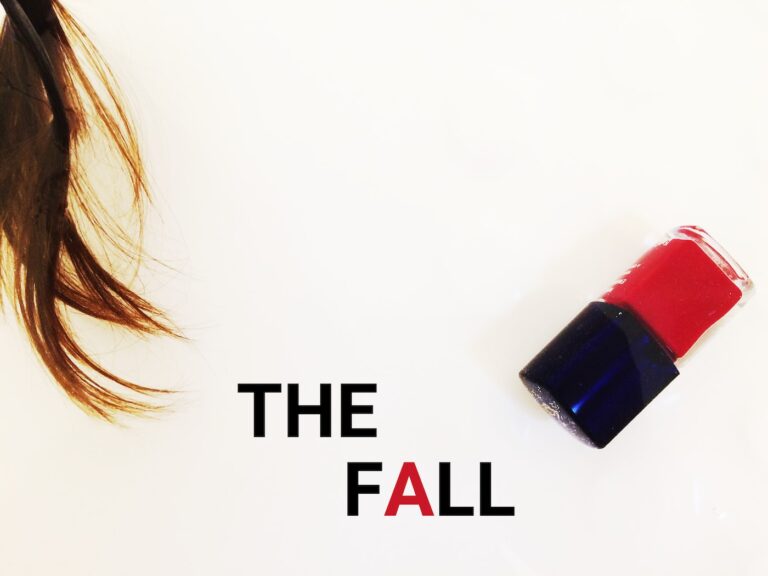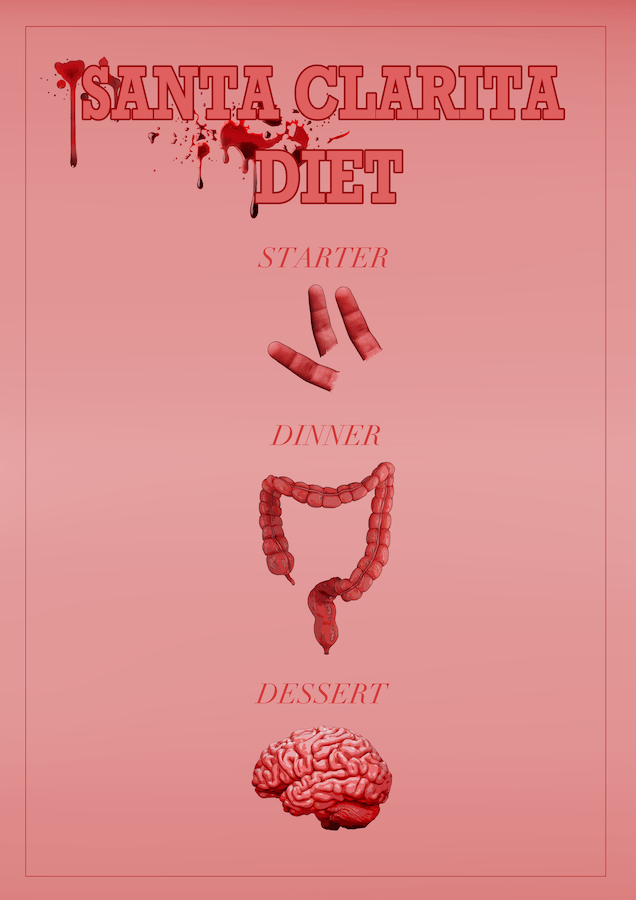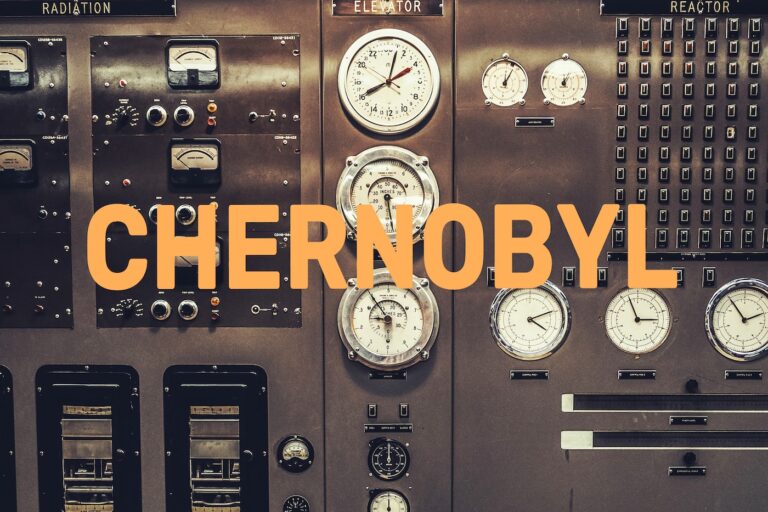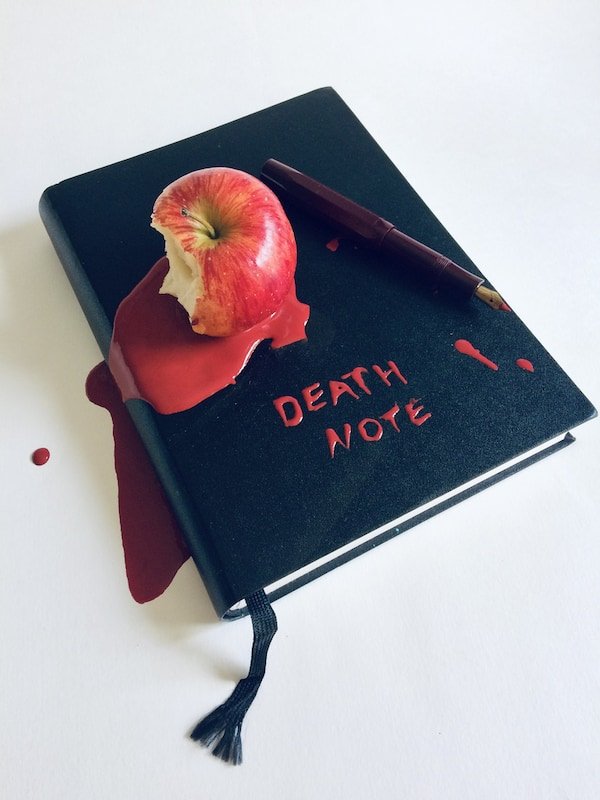Crime, thriller and a drama. Giri/Haji brings more than just heart to its eight episodes as it explores the murky waters of betrayal and love, all while facing the gangs of London and Tokyo head on. Not to mention there’s an international difference and a flavour of police forces miles apart, each with their own agenda, corruption and loyalty. In its starting premise Giri/Haji tells of a coming war between the Yakuza families; with one being framed for the killing of another. In this, two brothers are torn apart by their respective sides; one being a cop – Kenzo, the other a criminal – Yuto. Although he died, didn’t he? But with hints that Yuto is not just alive but behind the murder that started it all, Kenzo sets out for the scene of the crime: London. Looking not just for answers and a resolution to the approaching bloodshed, but for a brother he thought long dead.
Split between London and Tokyo, the series is predominantly based in the former, but, with a true to life touch, the series is spoken in both Japanese and English, reminding the viewers of the approaching conflicts that link both countries, and the story of two brothers who are worlds away.
Almost straight away however, the story expands out from the brothers and onto the people Kenzo (Takehiro Hira) meets. Each person linked by an overwhelming sense of guilt and all from the problematic emotion of love. In Giri/Haji love is shown in all its complexities, being the catalyst of both change and allegiance, to never being just one thing for the characters. Because of this, each of them reacts differently to it; drugs, harm, conflict and shame, but at the end no one wants to be alone. This desire for someone or something motivates each of the characters, and joins them together. However, for Kenzo he’s torn between the duty (Giri) to his family and to the law, and the shame (Haji) he feels at failing either one of them. But is he really the good man he portrays? And when it comes down to chasing his brother’s ghost will he really turn him in to stop a war between the gangs? Or protect him once again no matter the cost.
This cost of loyalty is something that also haunts Sarah (Kelly Macdonald); a London detective charged with teaching police measures rather than acting them out. She’s clearly being punished both by herself and her colleagues, causing her to seek out companionship and inclusion, which she sees Kenzo as bringing. He also presents an opportunity for Sarah to push back against the boundaries of her life/job. At times their relationship is painfully slow, lacks interest and is not highly believable, but it scrapes by with some aspect of realism because both characters are emotionally damaged and recognise this in each other, neither one pushing the other to divulge their secrets. The mystery of what Sarah did to make her so hated by her colleagues and afraid to be home alone, is further teased to the audience through icy stares, and her response at hearing someone is now on parole. When the answer is finally revealed it’s brilliantly unexpected, and though its delivery is a bit on the boring side, it none the less raises the interesting question of whether she did the right thing, and for the right reason.
However for the character Yuto (Yôsuke Kubozuka) his past is far more exhilarating. His mere presence captures the camera and keeps it on him. His cunning, kind, misleads whilst being misled, and so in many ways you don’t know what to expect from him, his history being equally unpredictable. Although a certain scene – involving a car, exceptional timing and an earthquake – pulls you right out of the show with a quizzical look of what exactly were the writers thinking? Was it done to make Yuto more innocent of the circumstances around him, a victim even? Who knows, but it doesn’t fit. Apart from this his scenes pick up the pace of what could otherwise be a very slow series, and when he’s later paired with Kenzo it’s a perfect fit – the dynamic of the series being set.
This successful series ignores what’s gone before on TV and creates its own set of rules; merging modern software to ink animations (for emphasising the story’s possible scenarios and outcomes), title pages, split-second black and white film, to thoughts written as typography onto the landscape; ‘you owe me’ being written on the road in a style somewhat reminiscent of the usual stop signs – the subtext is there, the warring factions and different landscapes like those of a play. It’s mesmerising from start to finish. Although I could happily do without the over-the-top episode recaps, adding melodrama the show doesn’t have or need. However, the cinematography effortlessly portrays the shows drama and tension, beautifully mirroring the characters’ emotions; a marriage reflected not only in the dying father, but in a split screen showing their backs turned to one another. Most poignant however is the scene where an overhead camera pans further and further away from a character as his choice of drug takes him from himself and into a black nothingness, the image a work of poetry, though the show does on occasion pander into aesthetic pleasantness rather than content.
Another eye-grabbing area of the show is the inclusion of Rodney’s character (Will Sharpe); a drug-addicted prostitute who puts on a fake smile and the act of a clown, but it’s all just to conceal a vulnerability that lies incredibly close to the surface. Rodney is like a diamond to the show; bringing a chalk and cheese aspect against everyone else’s drudgery. Although how he comes to help and be involved in Kenzo’s life is a little bit of a stretch, but it just about works, for he essentially sees in him and in others someone to hold onto, even if it’s just for a little while.
Giri/Haji isn’t a fast-paced thriller, its consequences tied together through a choreographed sense of connectivity; the initial starting act causing a splintering of cracks that envelop both cities. Breaking the mould of a crime-drama, this series infuses stylistic elements of noir with Guy Richie gangsters, but it doesn’t scream out loud in its demands to be watched, but instead slowly seduces the mind as you fall into its world.
Director: Julian Farino
Other notable works:
- Ballers 2015-2019
- Marvellous 2014
Director: Ben Chessell
Other notable works:
- The Great 2020 –
- The Family Law 2016-2019
Writer: Joe Barton
Other notable works:
- Humans 2015-2018

